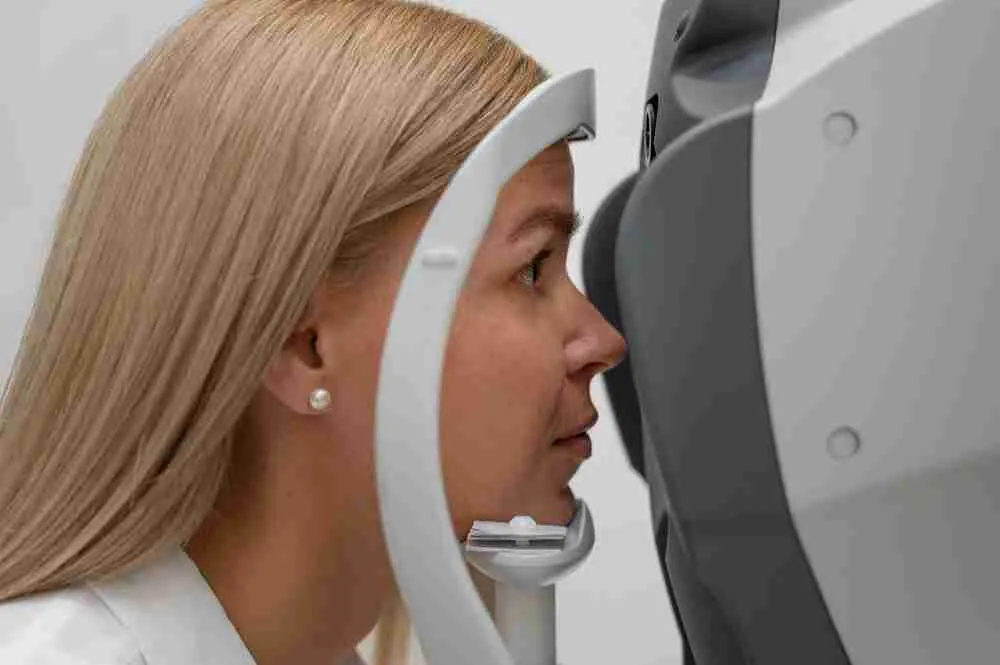Cataract cannot be treated with any medicine, eye drops or laser. The only guaranteed treatment of cataract is surgical removal of clouded natural eye lens with an artificial transparent one known as intra-ocular lens (IOL). This artificial intra-ocular lens is made up of plastic, silicone or acrylic and performs functions similar to natural lens. Cataract surgery is performed under local anaesthesia and causes hardly any pain.
Though it is largely a matter of individual need but you should consider cataract surgery when your weakened vision begins to interfere with your normal life. In case your vision problems are only minor and are still manageable, then your doctor may not recommend cataract surgery considering certain related risks. Surgery is generally performed on out-patient basis and takes less than one hour. Certain medications are administered before the surgery.
Click here to read more about Cataract.
Types of cataract surgery
- Phacoemulsification: This is the most popular surgical technique for cataract removal. In this type of surgery, small incisions are made and sound waves (ultrasound) are used to break up the lens into small pieces.
- Extracapsular surgery: In this type of surgery, the lens is removed as one piece after the opening the front part of the lens capsule. It is rarely done these days.
Benefits of cataract eye surgery
In India, cataract surgery has a high success rate of nearly 98% in adults.There are very few complications and little to no discomfort. Sensation usually returns to the Eye within a few hours. Vision normally improves within a few days. Healing normally takes 2 to 6 weeks, although complete healing may take several months. Once your eye is healed, you will have to get eyes tested again to get a new prescription for glasses. After surgery, you'll feel more secure, safe and confident in independently doing everyday activities like reading, socialising, driving etc.
Complications and Risks in Cataract Eye Surgery
When done by an experienced eye surgeon as well as with good operative and post-operative care, complications in cataract eye surgery are very uncommon. A few complications like sensitivity to bright light, dryness, floaters and infection may arise. In case these occur, your doctor will prescribe certain lifestyle changes as well as medication to overcome these. The benefits of cataract surgery far outweigh its disadvantages.
Top eye hospitals for cataract surgery
Cataract eye surgery are available in almost all major cities of India like New Delhi and NCR, Mumbai, Chennai, Bangalore, Goa, Kolkata, Ahmedabad, Chandigarh etc. They are several NABH, JCI and ISO accredited eye hospitals and centres offering high-end cataract surgeries. The cost of cataract eye surgery in India varies between Rs. 5,000 to 15,000 depending on the location and hospital. Some of the top eye hospitals for cataract surgery are:
- Shroff Eye Hospital, Bandra, Mumbai
- Dr. Agarwal's Eye Hospital, Safdurjung Enclave, New Delhi
- Aravind Eye Care Hospital, Shenoy Nagar, Madurai
- Susrut Eye Foundation & Research Centre, Salt Lake City, Kolkata
- Nethra Eye Care Centre, Irinjalakuda, Kerala
- Rushabh Eye Hospital & Laser Centre, Chembur, Mumbai
- Chaithanya Eye Hospital, Thiruvananthapuram, Kerala
- Lotus Eye Hospital & Institute, Coimbatore, Tamil Nadu
- Aditya Jyot Eye Hospital Wadala, Mumbai
- Centre for sight, Preet Vihar, New Delhi
- Smt. Lilavati Mohanlal Shah (Billimorawala) Eye Hospital, Navsari, Gujarat

Reviewed by







